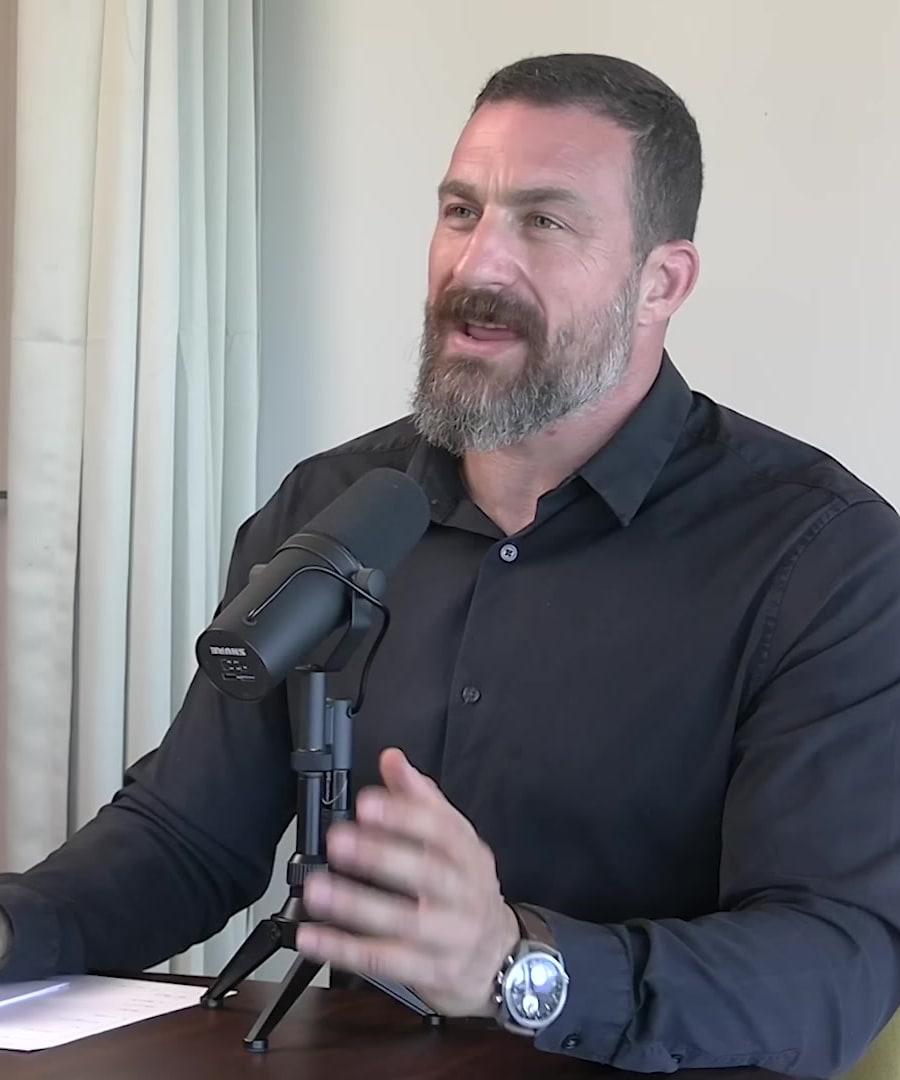How does white noise impact children?
Sources:
White noise can have varying impacts on children, particularly concerning their auditory development. explains the potential negative effects of prolonged exposure to white noise, especially at high volumes, for young children. This exposure can disrupt the development of auditory maps—essential cognitive structures responsible for processing sound frequencies. Such disruption may lead to deficits in auditory and language processing 1.
Research by Andrew Huberman highlights that chronic exposure to white noise might degrade the tonotopic maps in a young child's brain. This degradation can result in less precise auditory processing, akin to taping piano keys together, making it harder for children to distinguish sounds accurately. Therefore, he advises parents to consider limiting the use of white noise during a child’s sleep to avoid potential long-term effects 2 3.
Despite these concerns, acknowledges the practical use of white noise to ensure both children and parents get better sleep. However, he stresses the importance of balancing this practical solution with the potential risks involved in extensive exposure, suggesting that parents might want to explore other soothing auditory options 4.
In a discussion with Dr. Eddie Chang, another expert, the importance of structured sounds over continuous white noise is emphasized. They suggest that while white noise helps soothe infants to sleep, it might deprive them of essential natural sounds necessary for proper brain development. Therefore, thinking about incorporating more natural and structured sounds could be a healthier alternative for children's auditory growth 5.
RELATED QUESTIONS




